Chinchilla
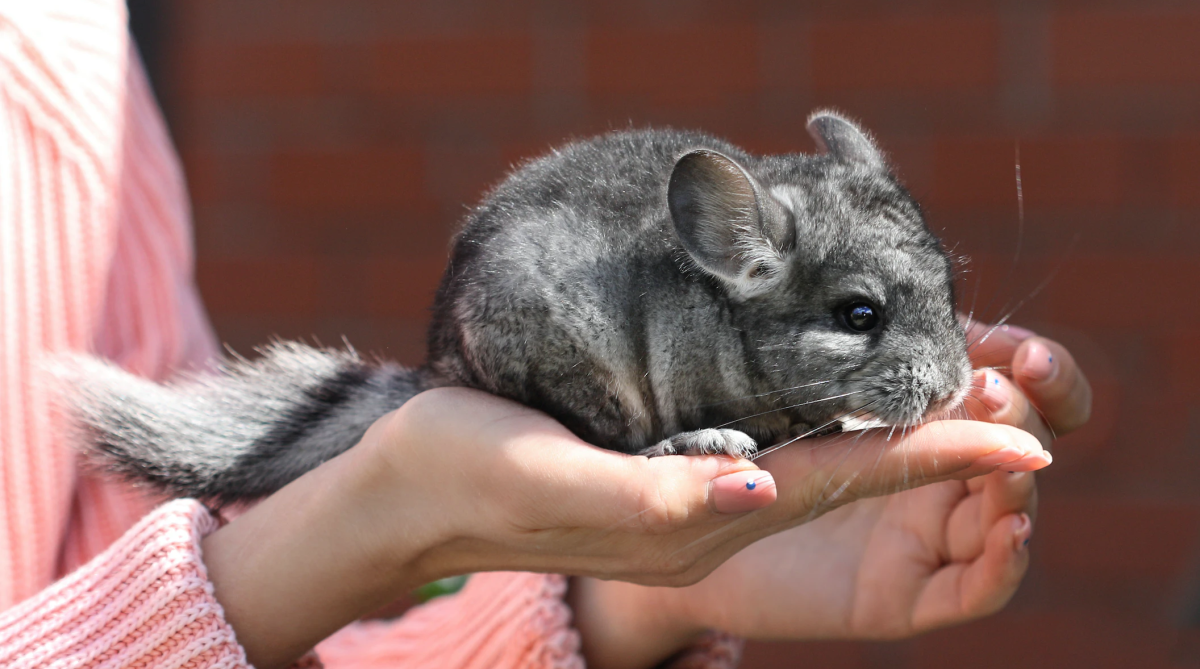
Chinchillas are rodents native to South America, and they’re indisputably adorable. They live in burrows in the ground and even have very soft fur! With that said, though chinchillas are a popular pet option, they are both nocturnal and can be nervous about being held, so they’re not a great option for children.
Sugar Glider
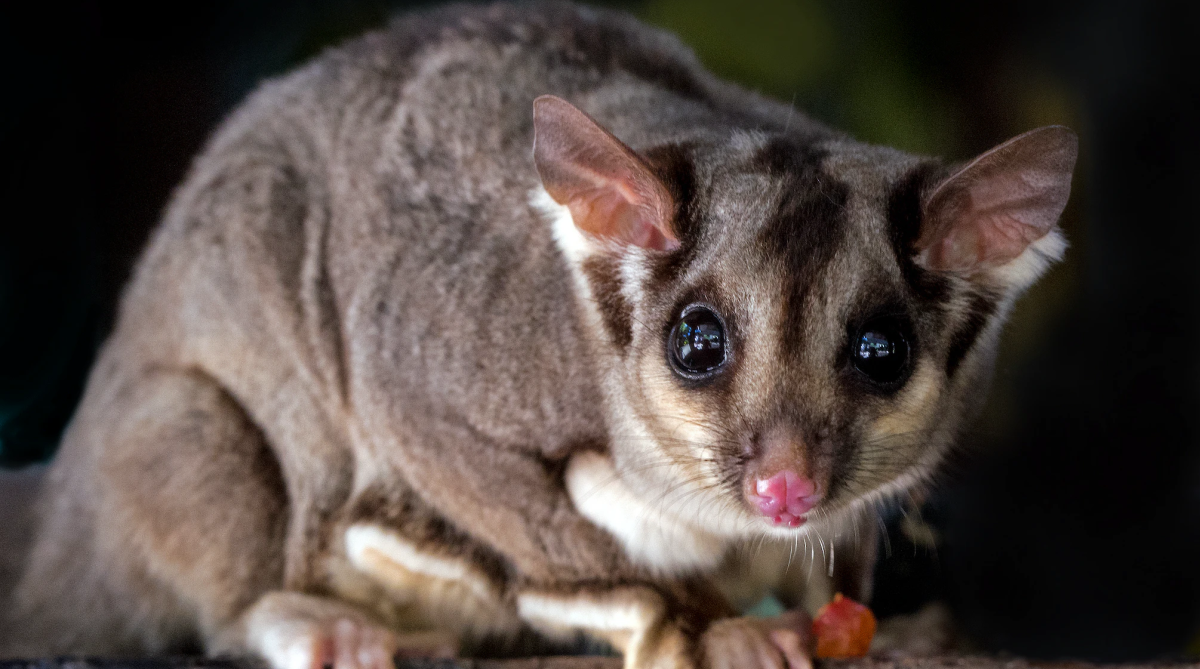
Sugar gliders look like flying squirrels – they’re small, furry, and have big eyes – but they’re marsupials, not mammals like you might expect! Native to Australia and New Guinea, they are illegal to own in Alaska, California, Hawaii, Massachusetts, Minnesota, New Mexico, and Utah, but other places allow them to be kept as pets.
Capybara
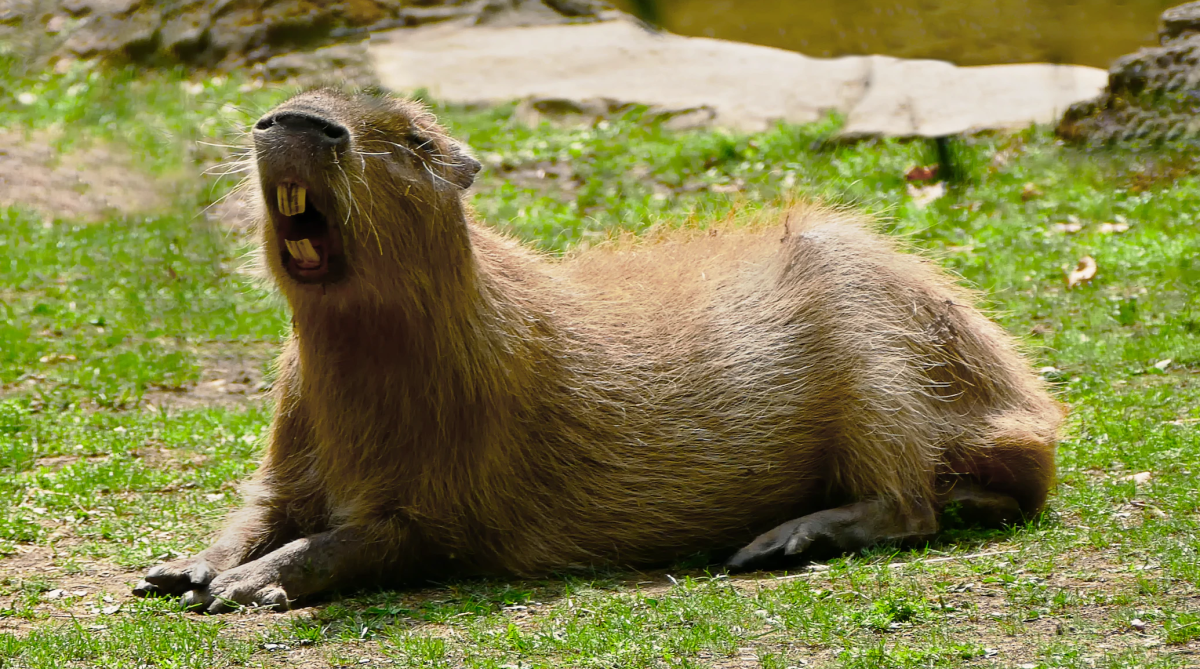
Capybaras are the world’s largest species of rodent, and they look like giant guinea pigs. Capybaras are native to South America and Central America. They’re also endangered. It’s legal for anyone to own a capybara in Texas and Pennsylvania, but other states may require a permit.
Sloths
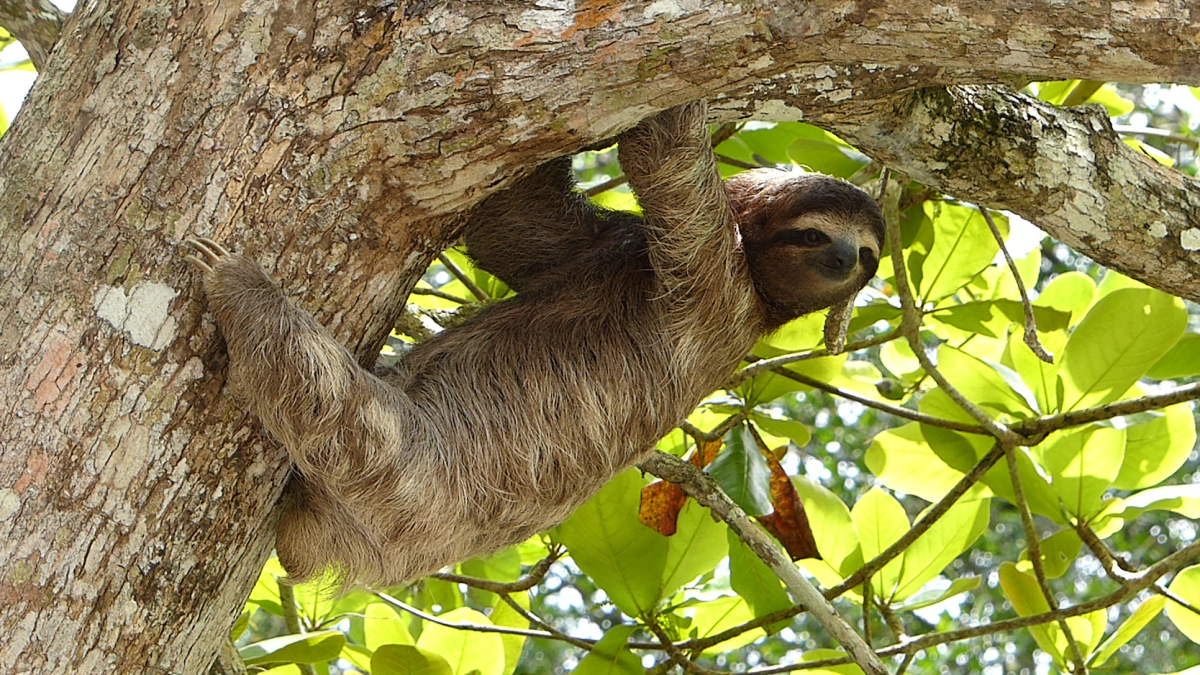
It’s hard to resist the adorable appeal of a sloth, which is part of what makes them so popular among exotic animal owners. But appearances can be deceiving – a sloth’s stillness is actually its defense mechanism against predators. It’s legal to keep sloths as pets in many states, including California.
Emu
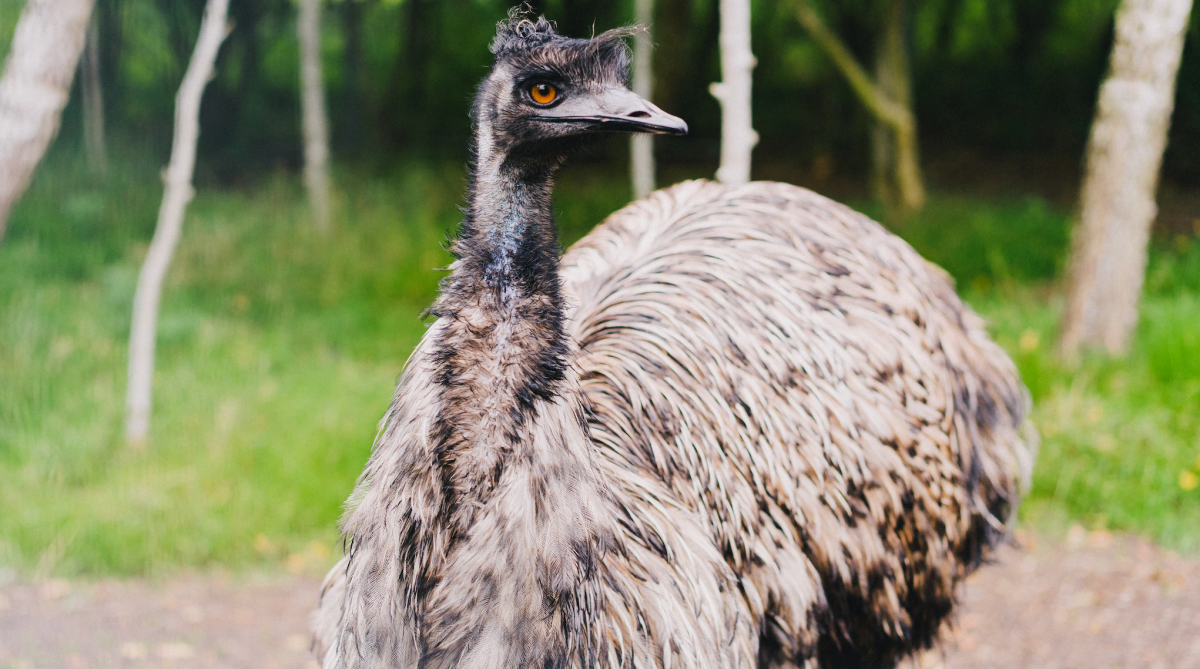
Emus are a common sight in Australia, but their presence in the United States is much less common. Still, emus are permitted as pets and can make interesting additions to a family’s menagerie. Emus require plenty of space for exercise, so it is recommended that you give them a large area to wander about in.
Camel

Most people are surprised to hear that camels are legal as pets in California. They’re often associated with the desert and people tend to picture them roaming free in their native habitats. In reality, most camels are domestic and have been bred to work in harsh and unforgiving environments.
Zebra
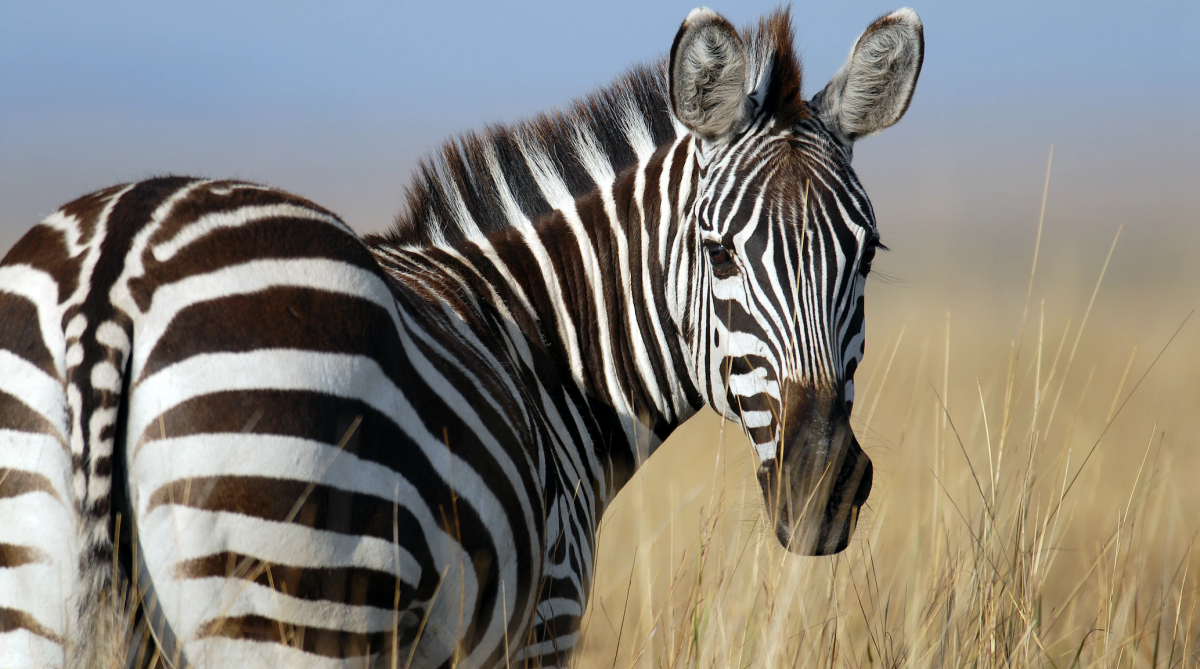
Before you can own a zebra in California, you must be familiar with taking care of exotic animals and you must have experience with zebras themselves. If possible, you should have owned zebras previously or worked closely with them for a period of time. If you’re serious about owning a zebra, it’s best to collaborate with an organization that works with exotic animals before applying for your own permit.
Monitor lizards
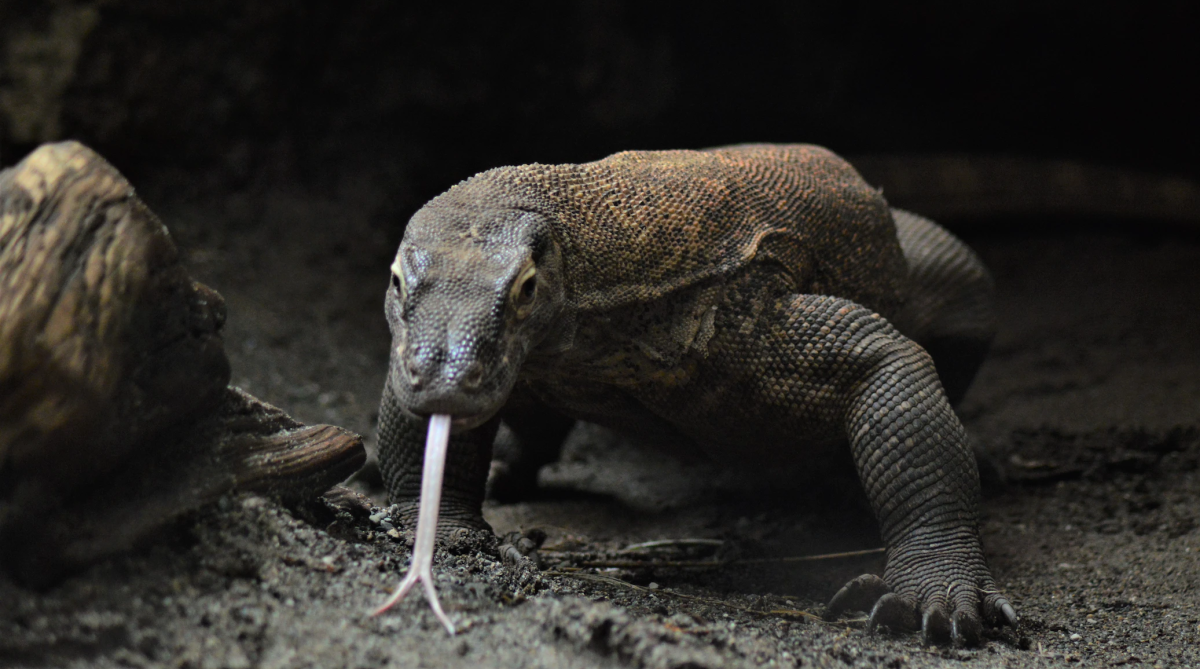
Although monitor lizard is a title that comprises many different species, the most popular types are called Asian water monitors. These monitors have large, meaty tails and wide, plate-like scales that look like armor. The state of California allows any person to own monitor lizards as pets, but they can’t grow any longer than two meters.
Bison

Since the largest species of bison, the American bison, can weigh in excess of one ton, it’s understandable that many people are shocked to learn that they are legal to keep as pets in many states. However, if you’re thinking of getting a pet bison, it might be wise to think again. Bison aren’t like regular livestock or cattle; they require specialized handling and ample amounts of space.
Toucan
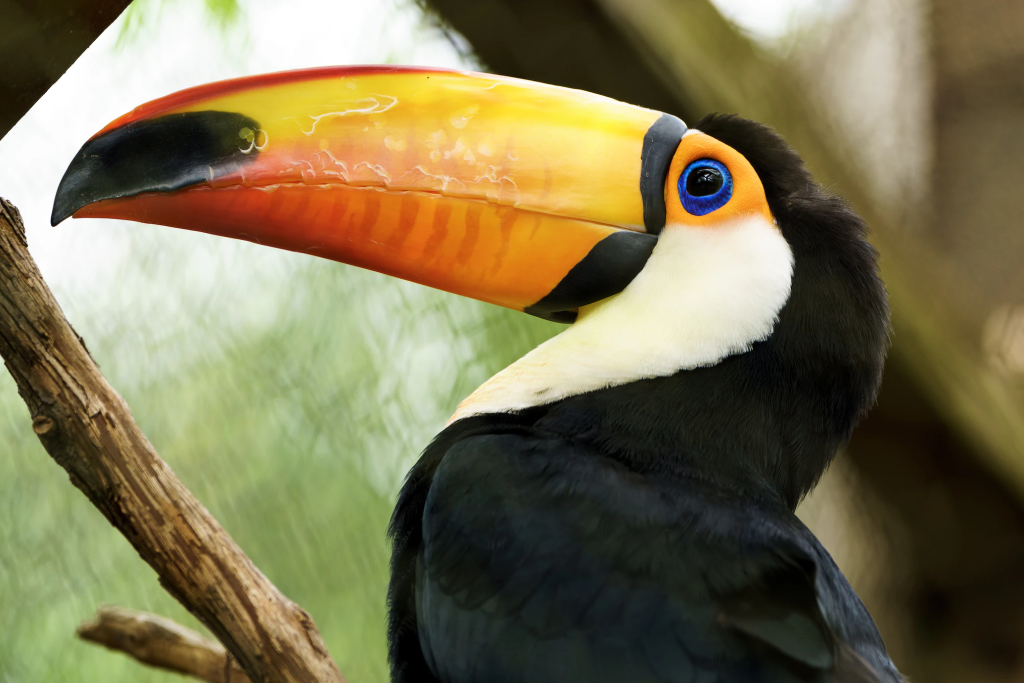
If you’re thinking about getting a toucan as a pet, you may be wondering if it’s legal. There are actually quite a few species of toucan, and they’re all beautiful birds, but before you go any further, make sure your state allows toucans to be kept as pets. It’s illegal to keep any kind of toucan in Hawaii, Maine, Arkansas, Ohio, and Oregon.
Ostrich
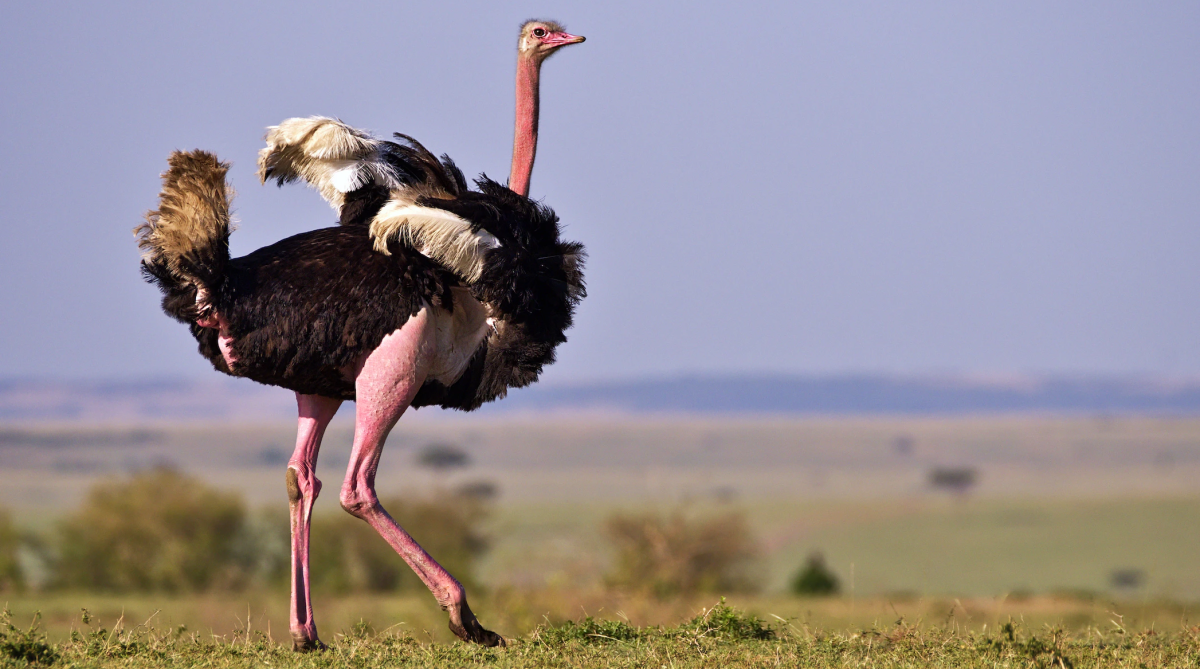
Ostriches are large, flightless birds that may be kept as pets in certain states. With an average height of between five and six feet and weighing as much as 150 pounds, you’ll want to make sure you have plenty of space to house your feathered friend. Unlike chickens or turkeys, which can live in a coop in your backyard, ostriches will require a specially designed enclosure.
Alpaca
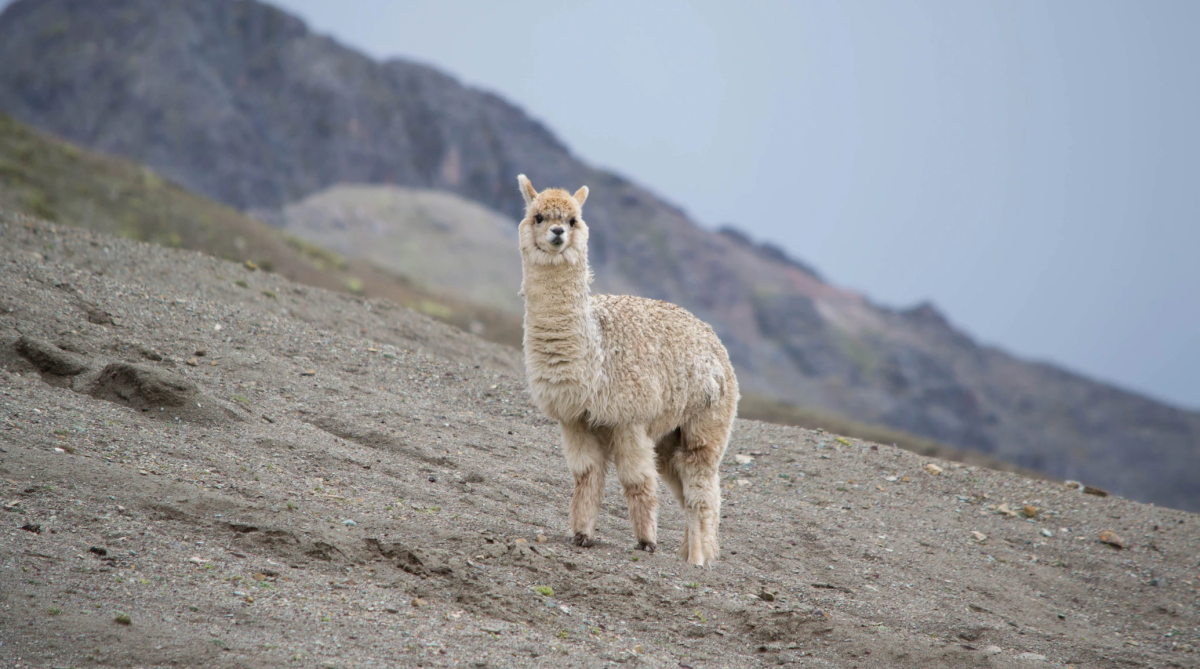
Alpacas and llamas are often stereotyped as quirky and eccentric animals. They’re popular as pets because they have cute faces and soft coats, and are fun to watch run around. If you have a hankering for a pet that is different from the norm, an alpaca or llama could be the ticket! They are legal to keep as pets in all American states.
Degu
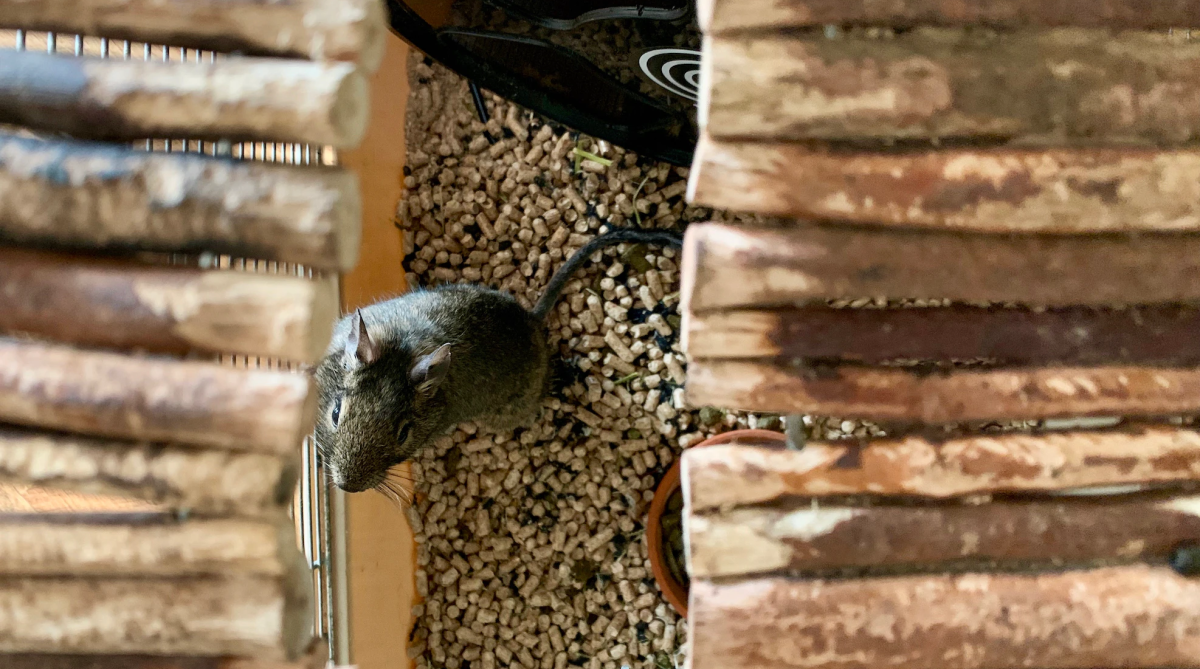
Degus are adorable little furry creatures that make for wonderful pets. But beware! There are places in the United States that consider them an invasive species and will not allow you to own one as a pet. Before buying one, check your city and state regulations to see if there are any special requirements or permits you need to own one.
Python
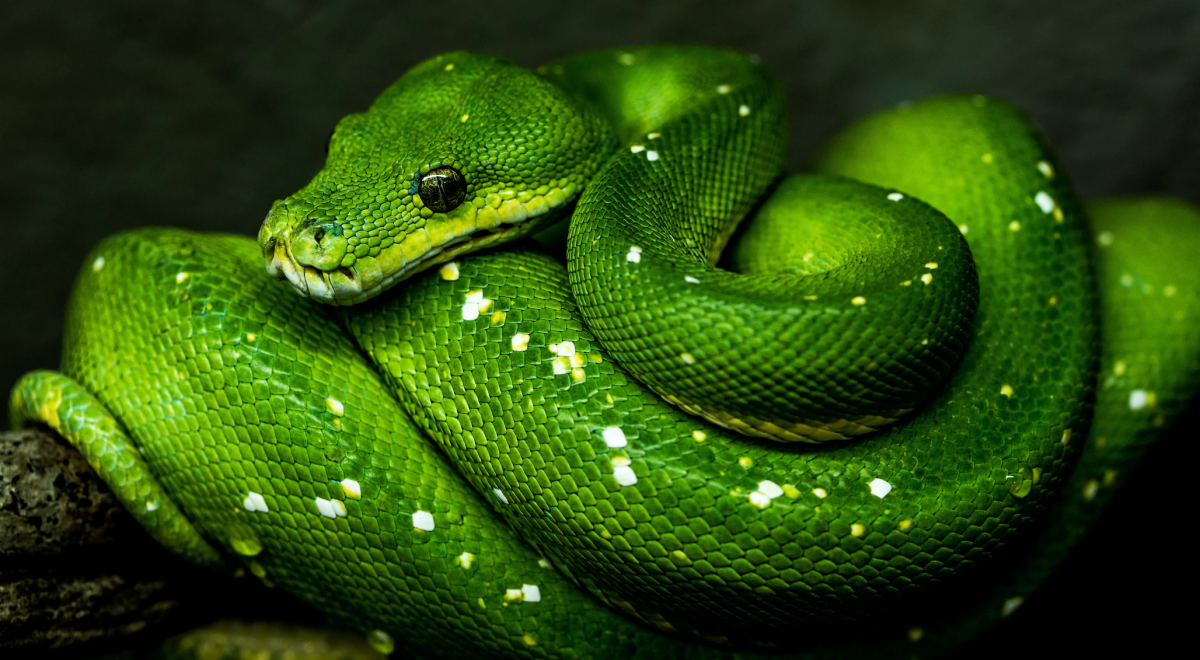
Many people don’t know that the Burmese python, a large, non-native species of snake, is actually legal to own in certain parts of the United States. If you live in one of the following states: Georgia, Louisiana, Mississippi, North Carolina, South Carolina, Texas, or Kentucky, then you can legally own a Burmese python with a permit.
Tarantula
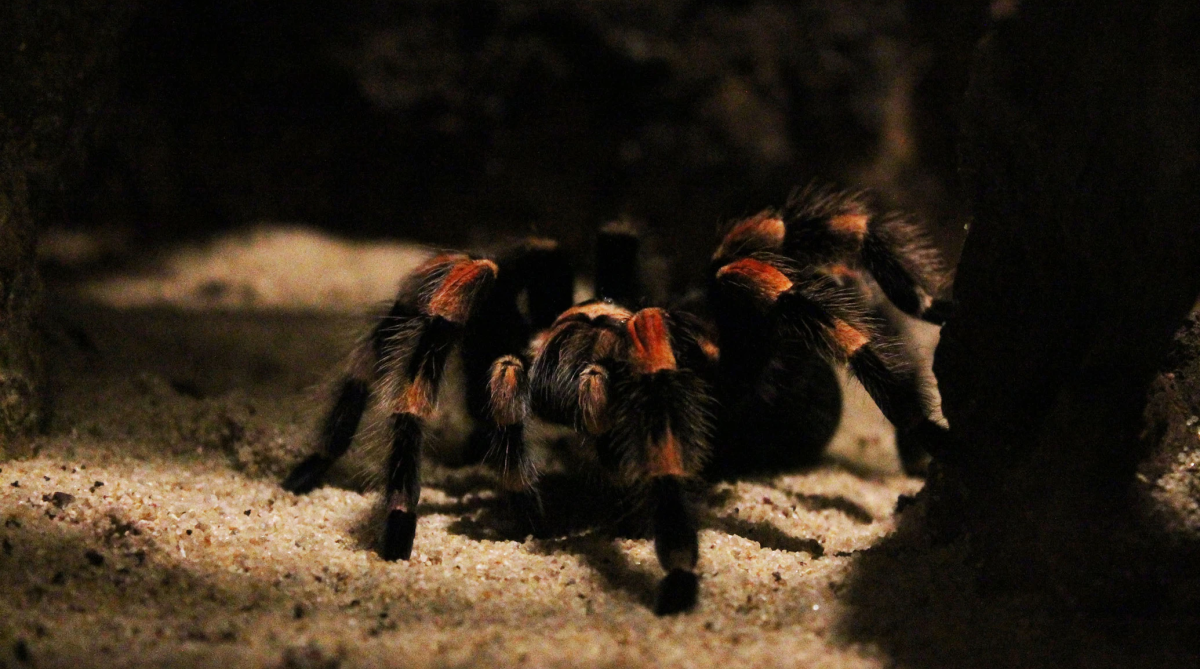
Tarantulas can be found in various terrariums at pet stores, and they’re great starter pets that don’t require much maintenance. Some even come with kits that include everything you need to get started caring for them – you just provide the spider and some water! They’re mostly found in southern desert states but can be kept anywhere.
Armadillo
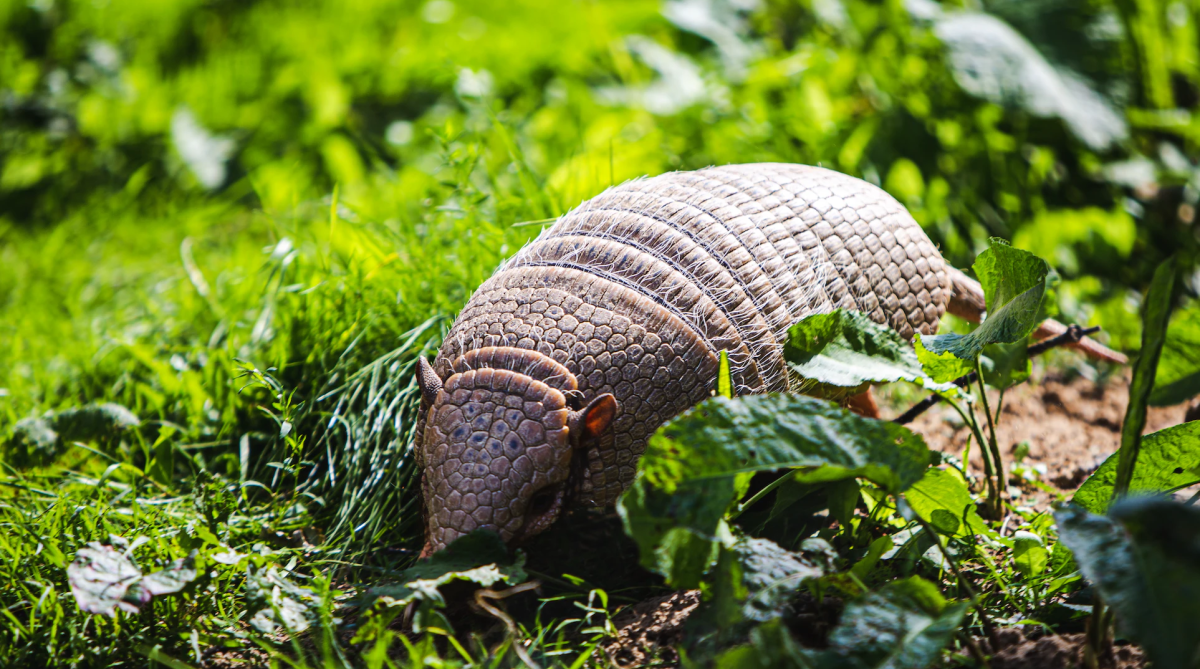
Like the raccoon, the armadillo is nocturnal and omnivorous. They also get pretty big, so make sure to find one that’s tame enough for you to handle! You can keep armadillos in certain states, including Texas. Despite being a popular pet in the past, armadillos have a reputation for being smelly, temperamental, and prone to digging.
Skunk
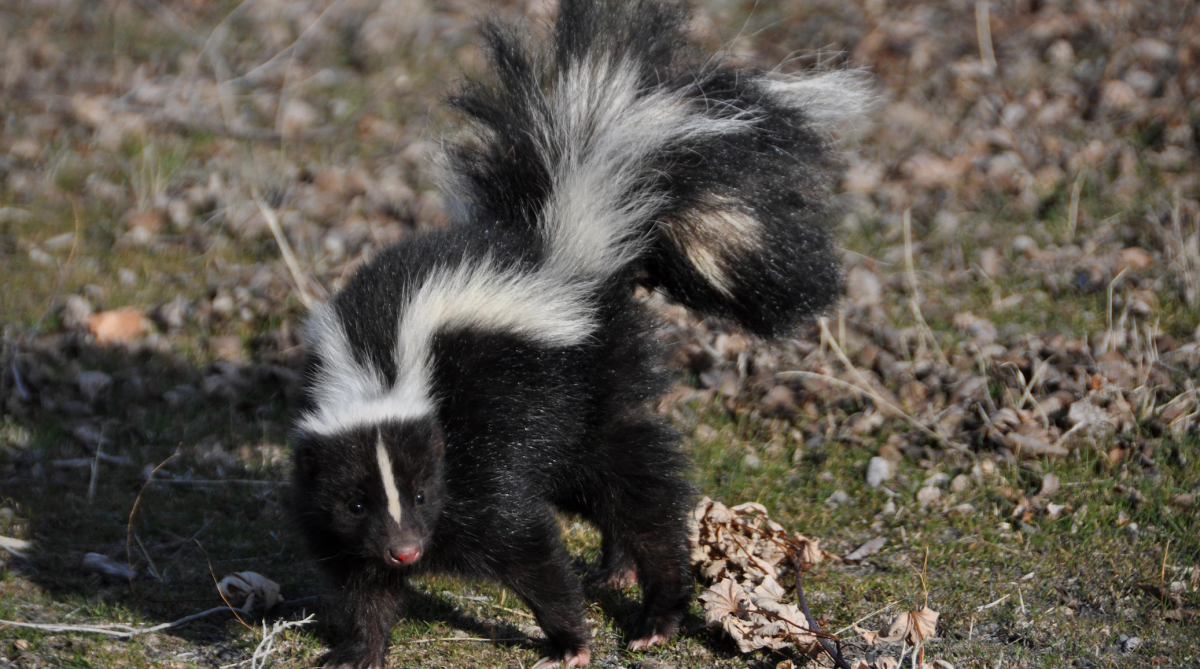
Skunks are generally friendly in their natural habitat, though you should still take precautions against skunk bites if you choose to keep one as a pet. Skunks are probably best kept inside because they aren’t very good at using litter boxes and they could spray your house if left outside. Domesticated skunks are legal in many states, as long as the owner has a permit and the animal is properly registered.
Kinkajou
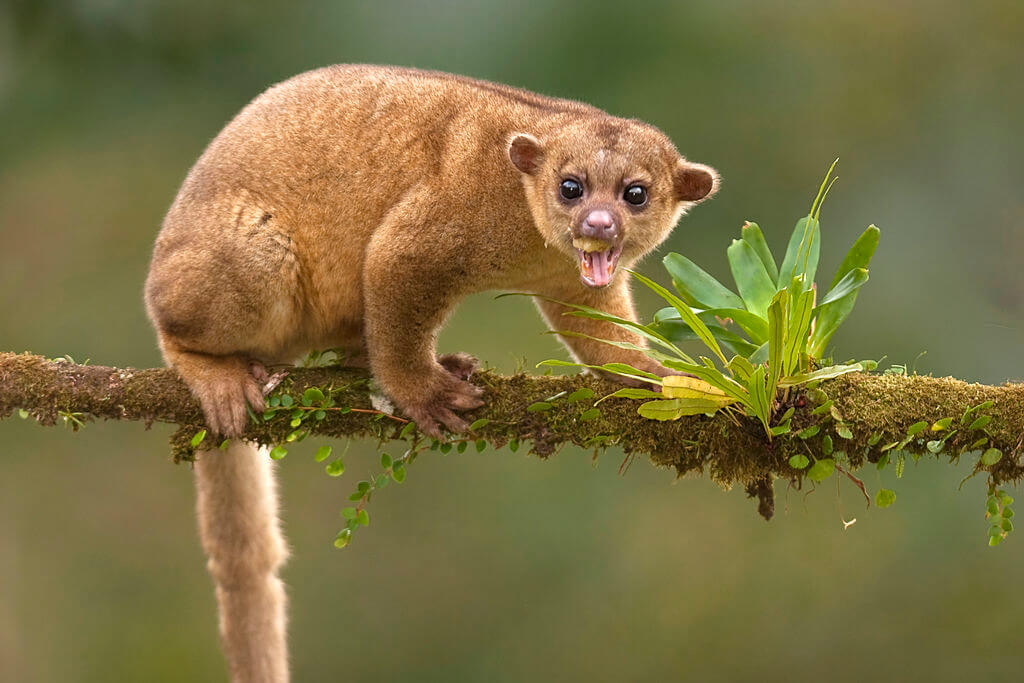
The kinkajou is a mammal from the rainforest of Central and South America. It is highly unusual in that it is related to the raccoon family, but it has a long tail like a monkey’s. Kinkajous are nocturnal creatures and can live up to 20 to 25 years in captivity with special care. Kinkajous often bond to one person and are legal to own in many states.
Hippopotamus
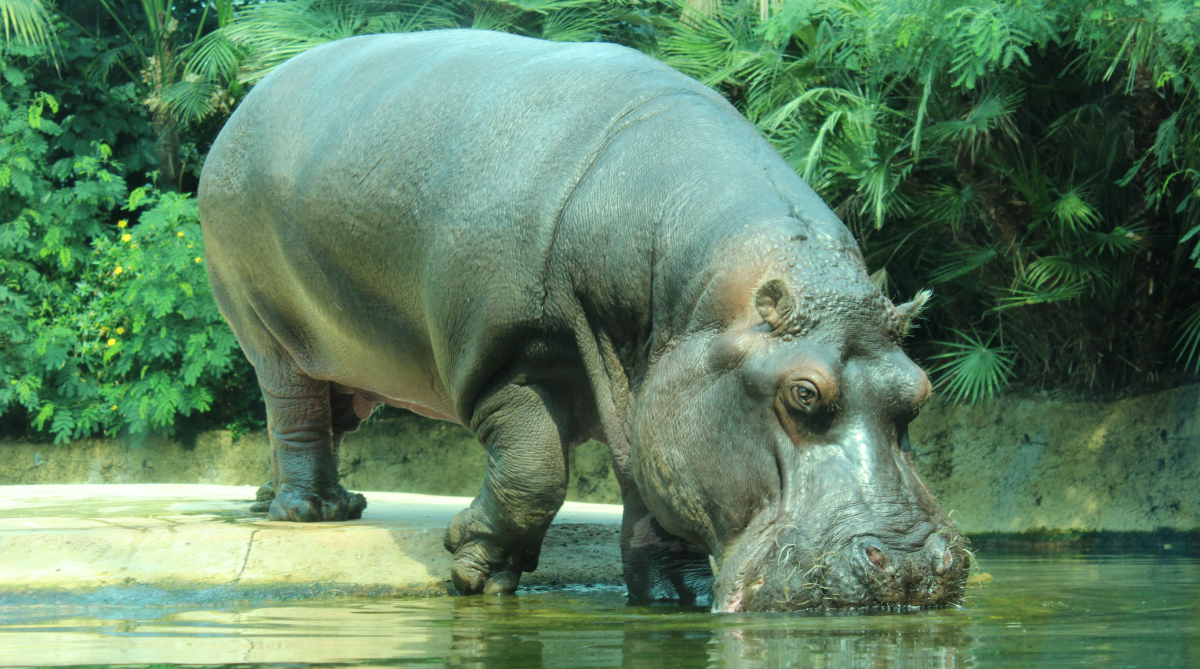
Hippos are one of the largest mammals on the planet. They grow to be about three meters in length from their head to their tail and weigh over 3,000 pounds. They can live for up to 60 years in captivity. They are dangerous animals, yet they are legal to be kept as pets in certain states such as Mississippi, Oregon and Tennessee.
Axolotl
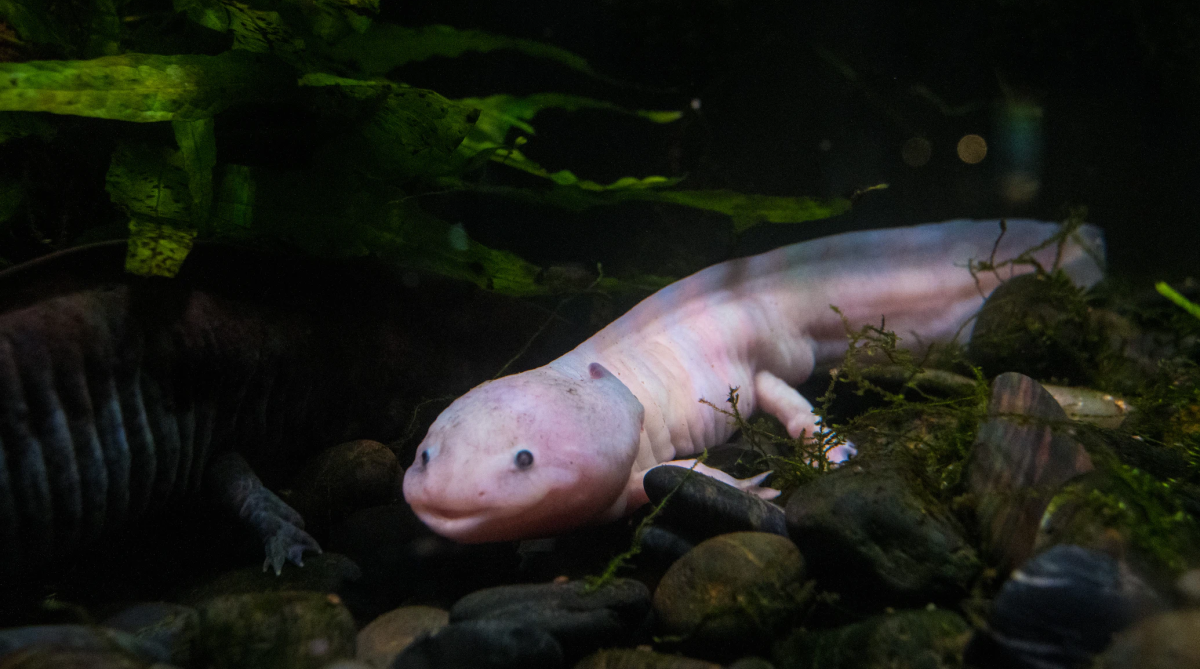
You may have heard the term “walking fish”, which refers to a popular pet whose scientific name is axolotl. An axolotl is actually a type of salamander, and the good news is that you can own one without breaking the law! Axolotls are legal to keep as pets in every state except for Maine, California, New Jersey, and Virginia.
Ferret
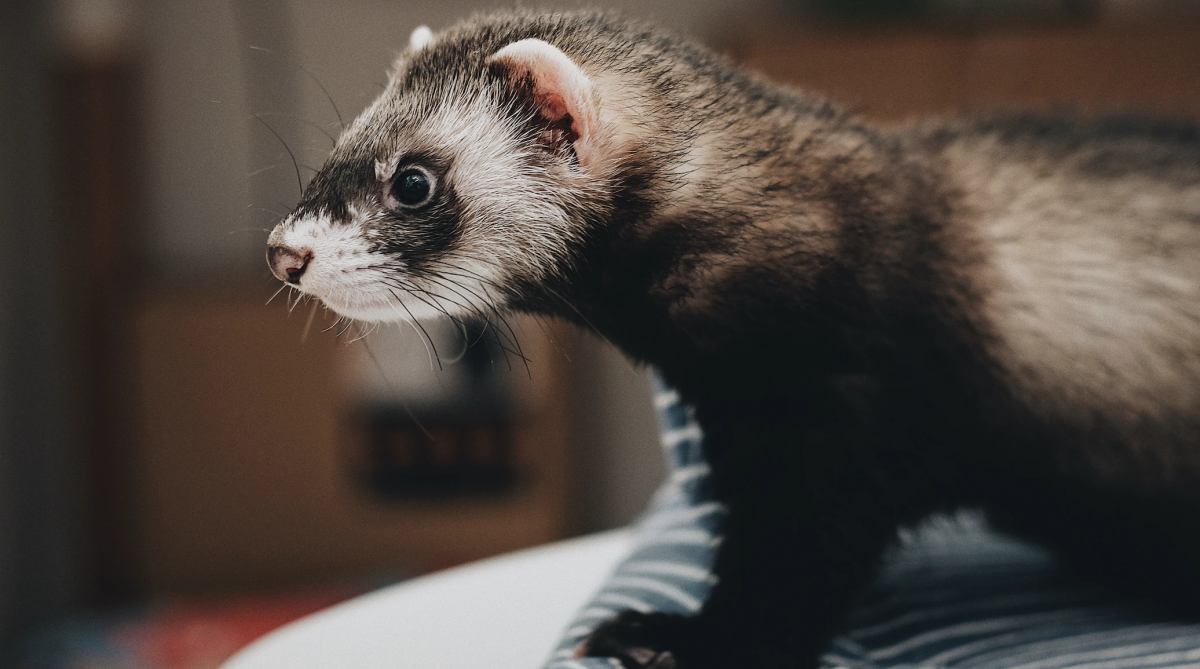
Ferrets are very cute, playful creatures that are also known for getting into a lot of trouble if you don’t watch them carefully. Ferrets can legally be kept as pets in many states, but it’s important to check the laws in your area before bringing one home with you.
Hyena
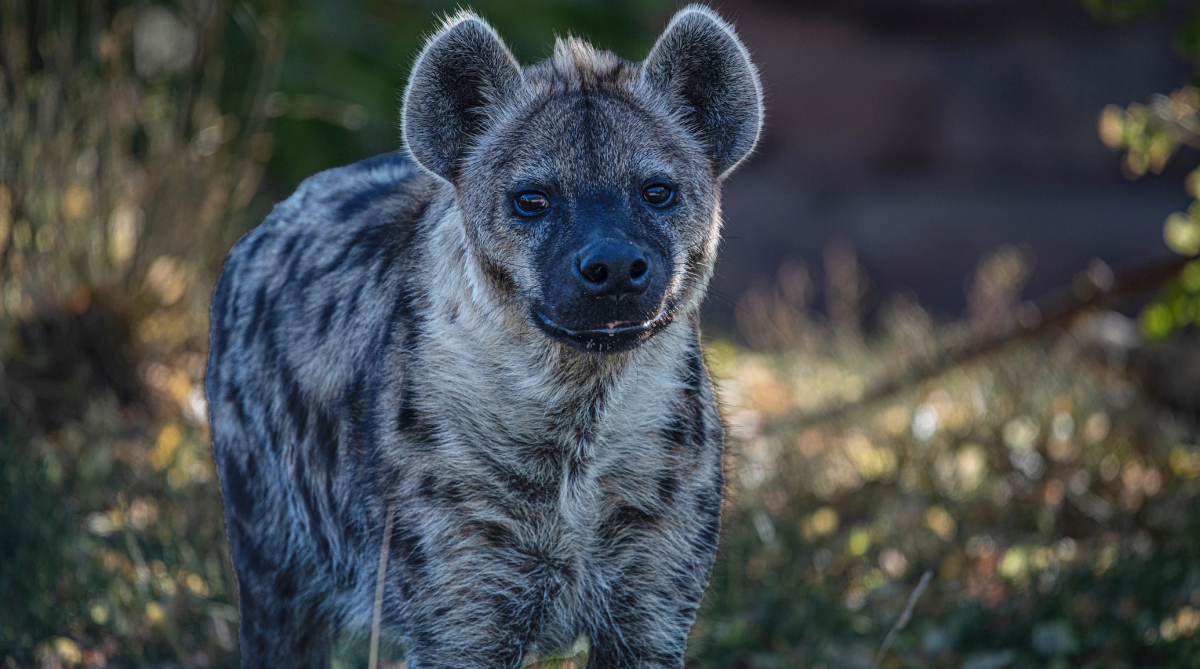
In the United States, it is legal to own a pet hyena in select states, including Virginia, Mississippi and Missouri. Each state has different rules and regulations for owning a pet hyena, but generally speaking, you’re expected to prove that you can provide a safe environment for the animal.
Bearded dragon
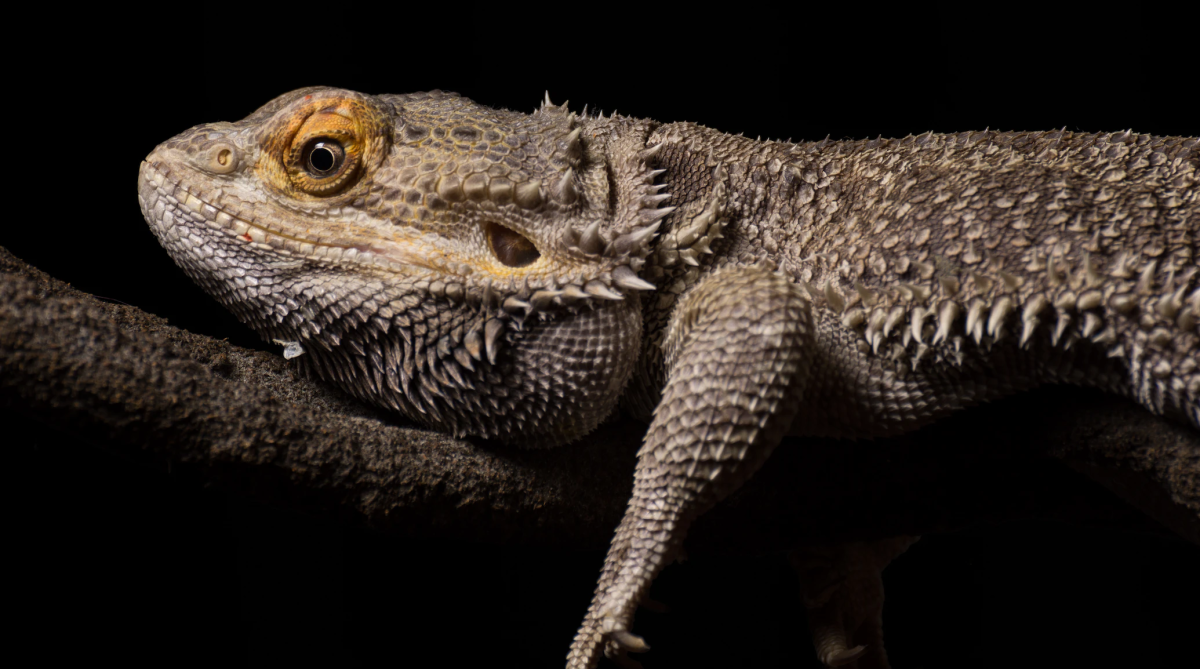
Bearded dragons are a fun pet to have, but they aren’t legal to have in all states. If you’re planning to move to Hawaii in the future, the state has strict legislation in place designed to protect the environment, and that includes its native wildlife. If you don’t want to give up your bearded dragon, it’s best to keep him or her at home.
Fennec fox

Adored due to their striking looks, fennec foxes have been kept as pets for centuries, and have gained a reputation for being very loving; even though they can never be fully domesticated. If you live in Delaware, Florida, Maine, North Dakota, Rhode Island, South Dakota, or Wisconsin and have the proper permits, you can keep a fennec fox as a pet!
Ocelot
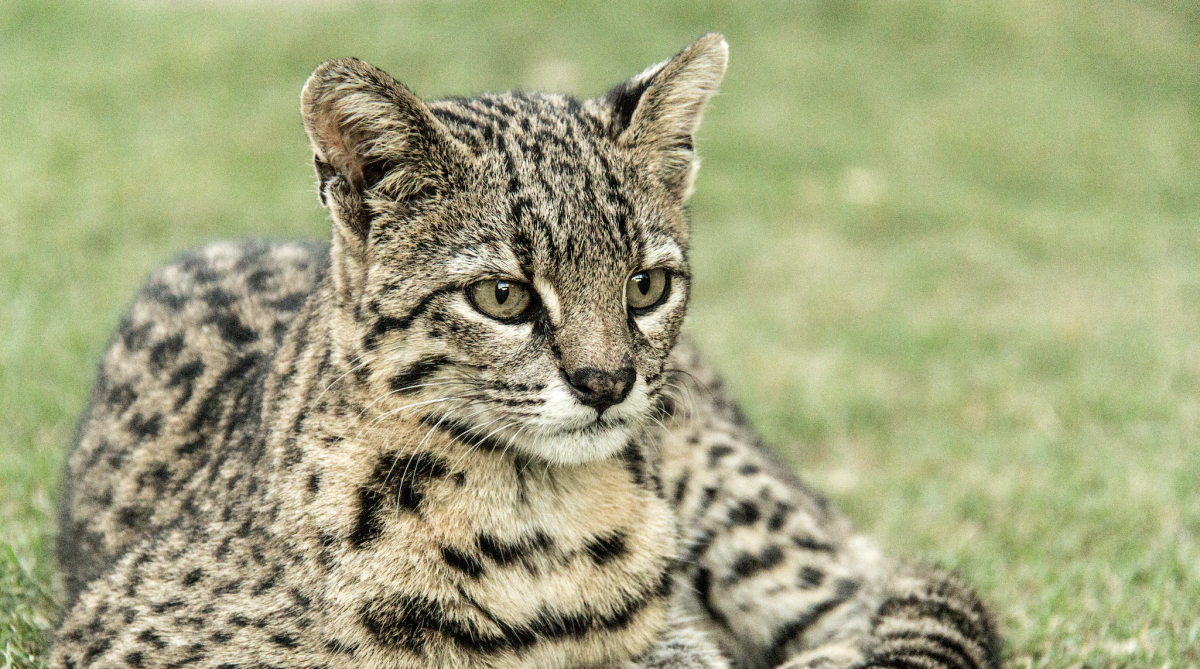
Once considered a vulnerable species, Ocelots are essentially micro-leopards growing no bigger than the average domestic cat. In terms of behavior, they act much like all cats, spending their days lazing and hunting, they are however nocturnal for the most part and they can become vicious if they feel threatened. They can be kept as pets in Florida, Idaho, Missouri, and Texas.
Bush babies

Bush babies, officially known as Galagos, are adorable, nocturnal tree-dwelling creatures that fall under the primate category and are about the size of a squirrel. They are illegal to own in most states, but Nevada, Oklahoma, Kansas, Nebraska, Wisconsin, Indiana, and Michigan will allow you to own them with a permit.
Pot-bellied pig

The Pot-bellied pig is a domesticated animal that makes an excellent pet. The only problem with them is that they are pretty expensive. However, they are very affectionate and will bond with their owners very fast. Pot Bellied Pigs are legal almost everywhere but check your local laws for restrictions on ownership.
Macaw
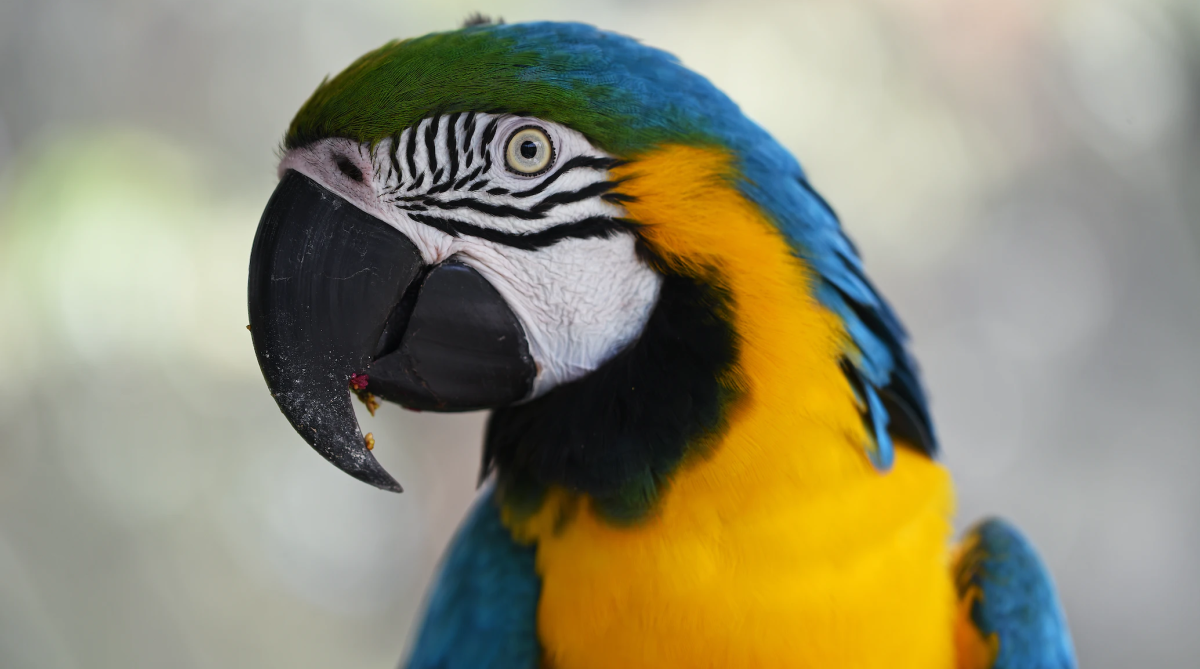
The Hyacinth Macaw is the largest of the Macaw species. It’s native to Central and South America and is a highly social bird known for its gentle nature. It’s also one of the longest-living parrots, so you’ll need to be ready for a commitment if you want to own one as a pet. If you have the time, attention, dedication, and love necessary to care for a Hyacinth Macaw, they are legal in most states.
Wallaroo
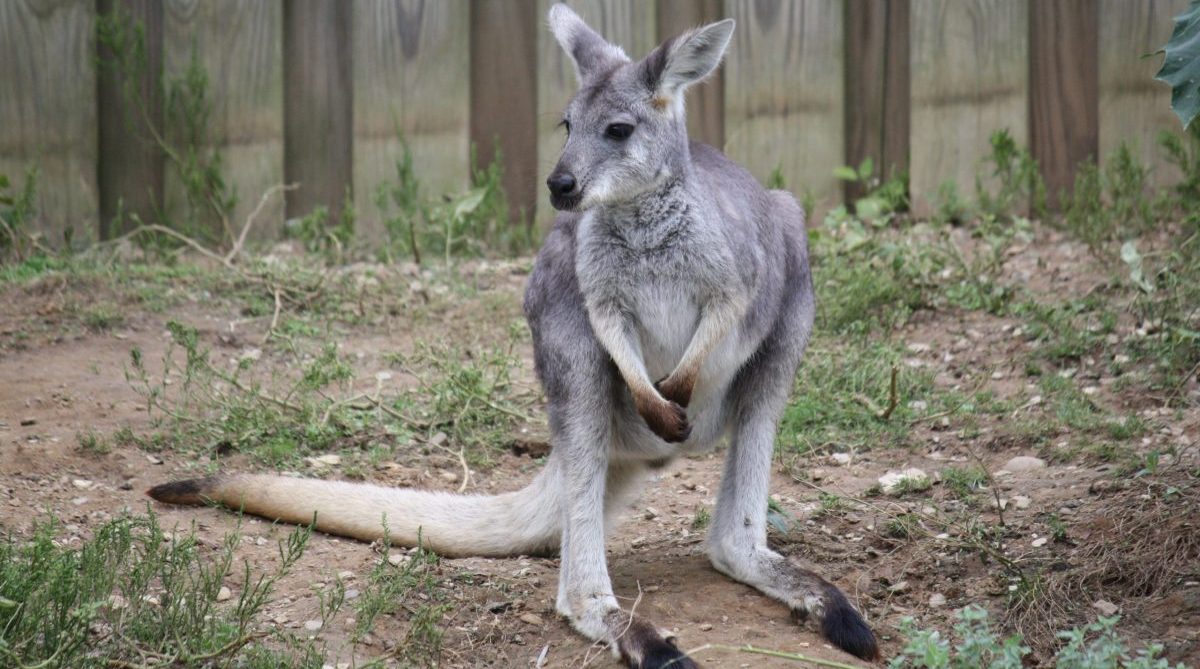
The Wallaroo is a shaggy, kangaroo-like marsupial that’s native to Australia. The wallaroo is very similar to the kangaroo, but its shorter legs and longer, shaggier coat set it apart. A pet wallaroo isn’t for everyone; these animals require a lot of attention and space to roam, but there are no laws against owning them in most states.
Crocodile
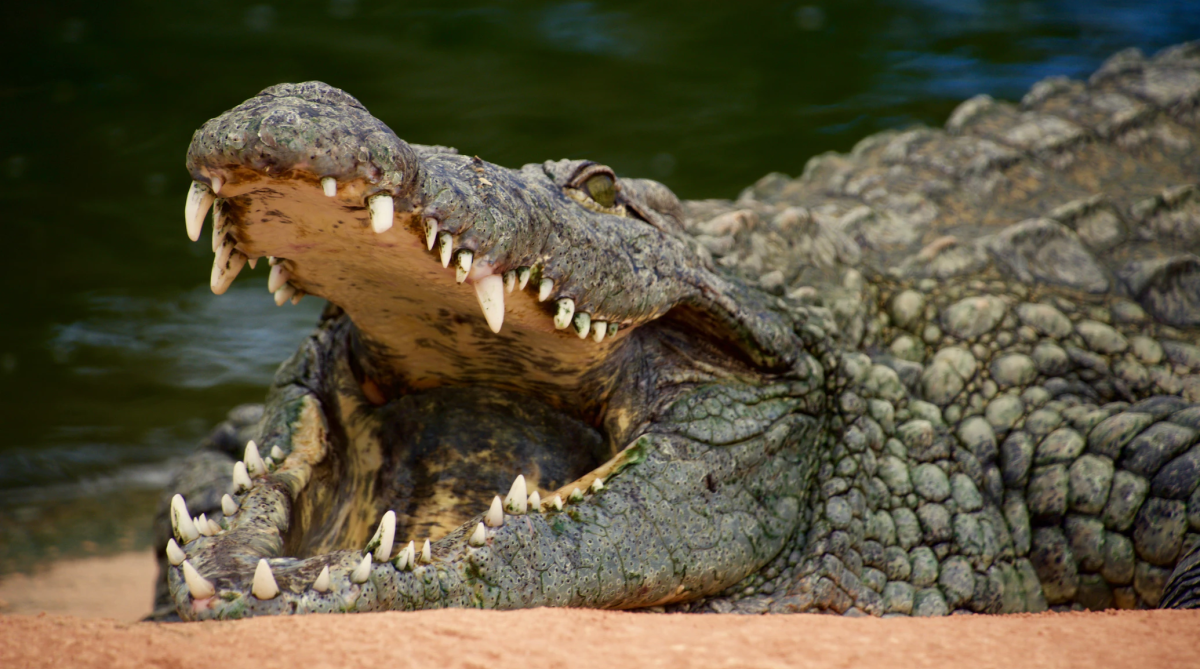
Crocodiles are one of the most dangerous animals in the world. Their jaws are incredibly strong and they can move at speeds of up to 25 miles per hour, which is faster than a human can run. While they’re known as some of the most aggressive and dangerous reptiles around, you can legally own one as a pet in five states, including Alaska and Maine.
Serval

Servals are small cats with big personalities and even bigger hunting instincts. You may have seen a serval in action in the wild, leaping on prey from high branches or pouncing on unsuspecting animals in the savanna. You can keep a serval as a pet in select states including Florida, Idaho, Indiana, and Montana.
Alligator
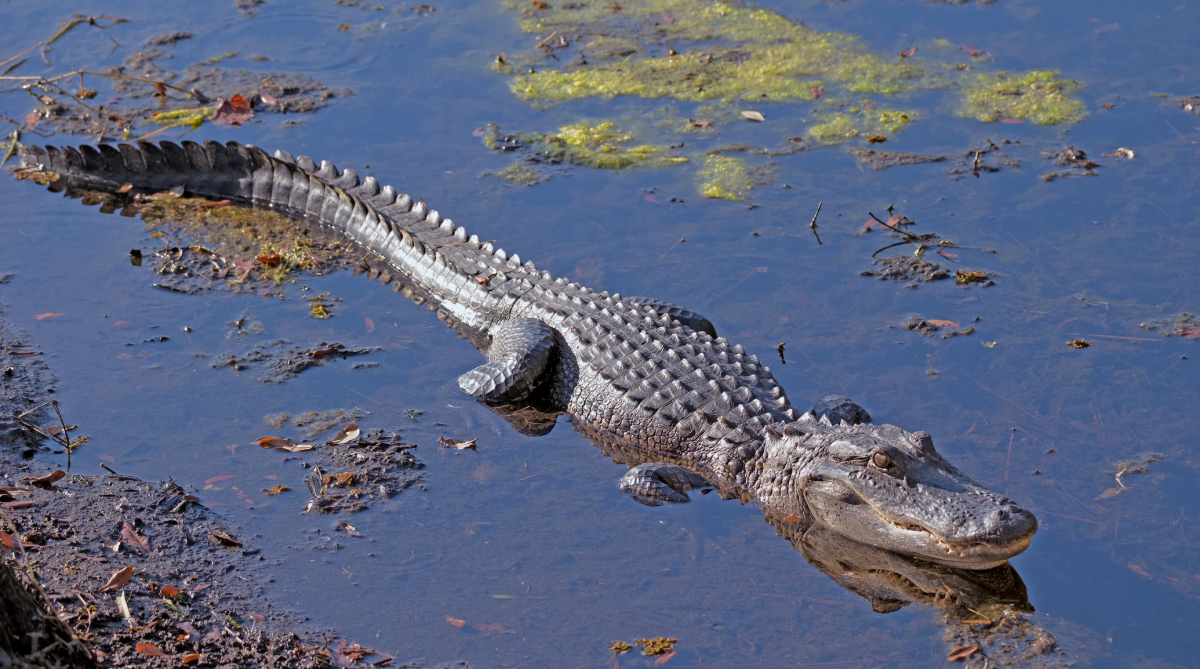
It might be surprising that there are states where it’s legal to own alligators as pets. When these little guys grow up, they’re pretty scary: They can grow to more than 11 feet long, weigh up to 1,000 pounds, and live up to 50 years. Their carnivorous appetite is practically insatiable, and they’ve been known to eat humans – as well as other reptiles – in the wild.
Porcupine
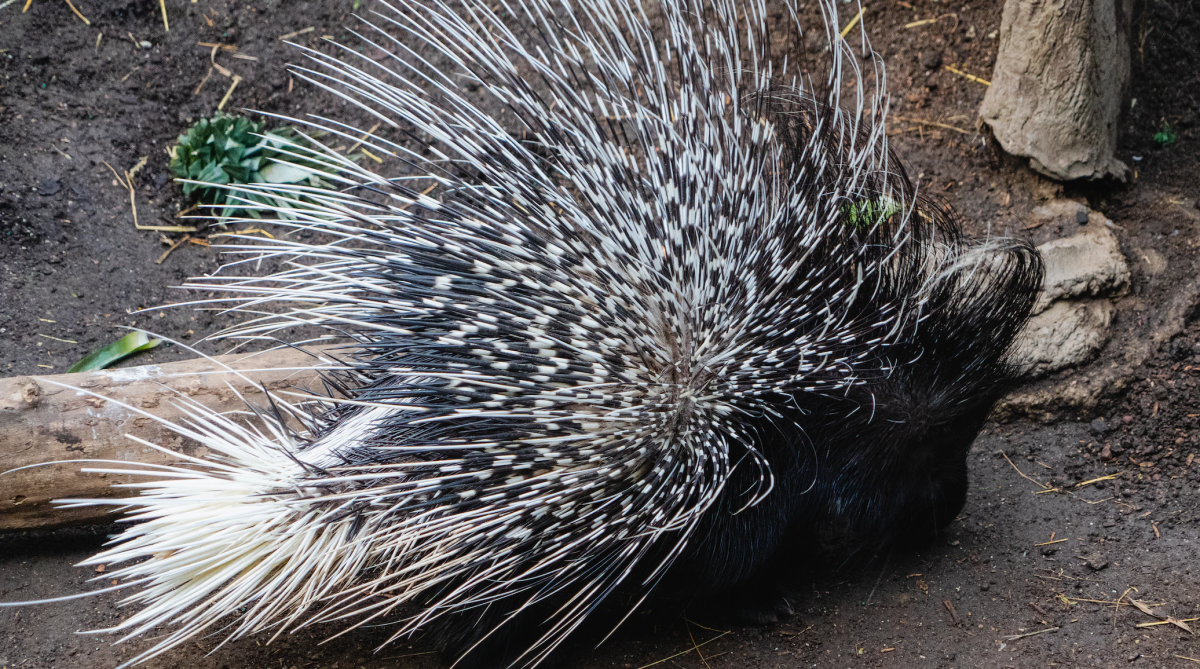
The first thing you should know about porcupines is that they’re prickly, and their quills can grow up to three inches long! To protect themselves from predators, porcupines roll up into a ball with their spiny backs facing out toward potential threats. Porcupines are legal to keep as pets in multiple states, including Arizona.
Cougar
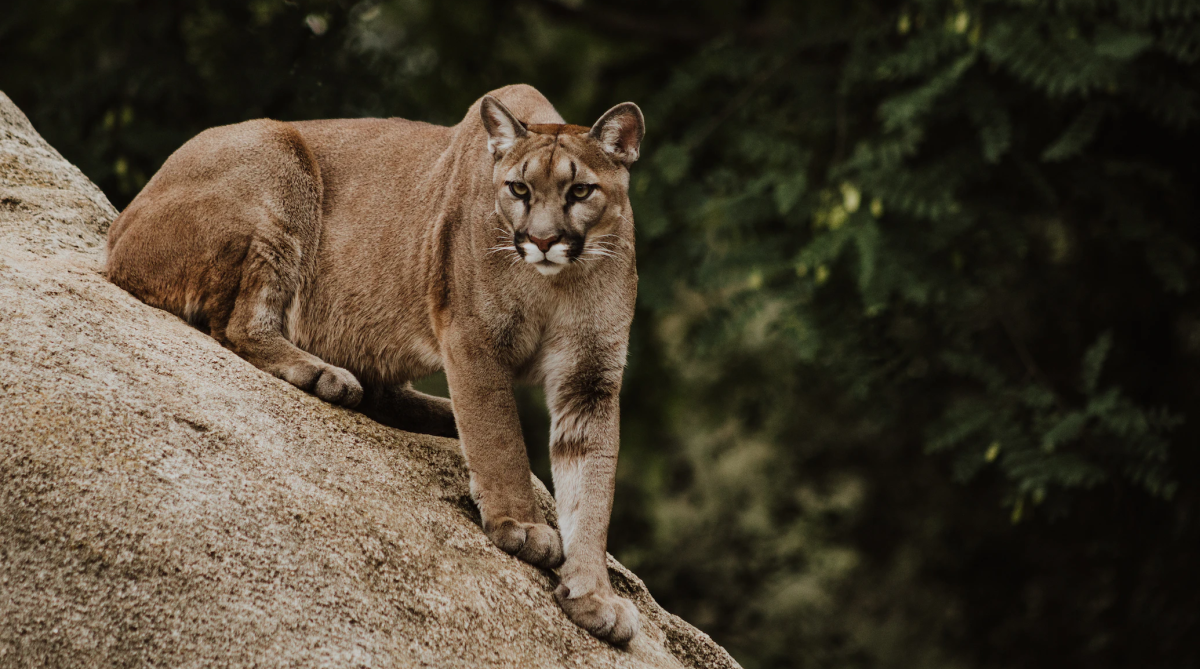
A cougar has been known to pounce on a human from a distance of thirty feet, which is equivalent to the distance of an average 10-story building. They are also famously elusive, they shun humans and can cover 25 miles in one night without leaving a trace. In Kansas, Florida, Mississippi, Pennsylvania, Tennessee, and Texas you can legally keep a cougar as a pet.
Bear
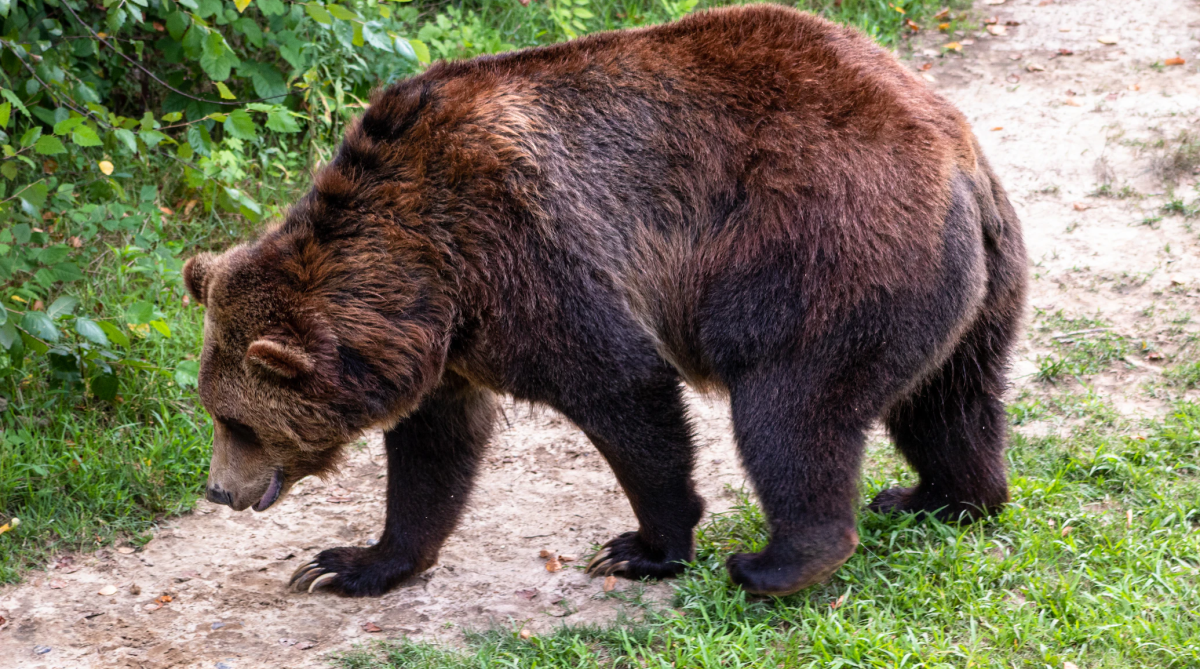
It’s legal to keep a bear as a pet in more than a dozen states, however, it’s important to remember that bears are wild animals with primal instincts. While it’s possible for some captive bears to form an affectionate bond with their human caregivers, there are many cautionary tales of domesticated bears who have suddenly turned violent after lifelong relationships with their owners.
Turtle
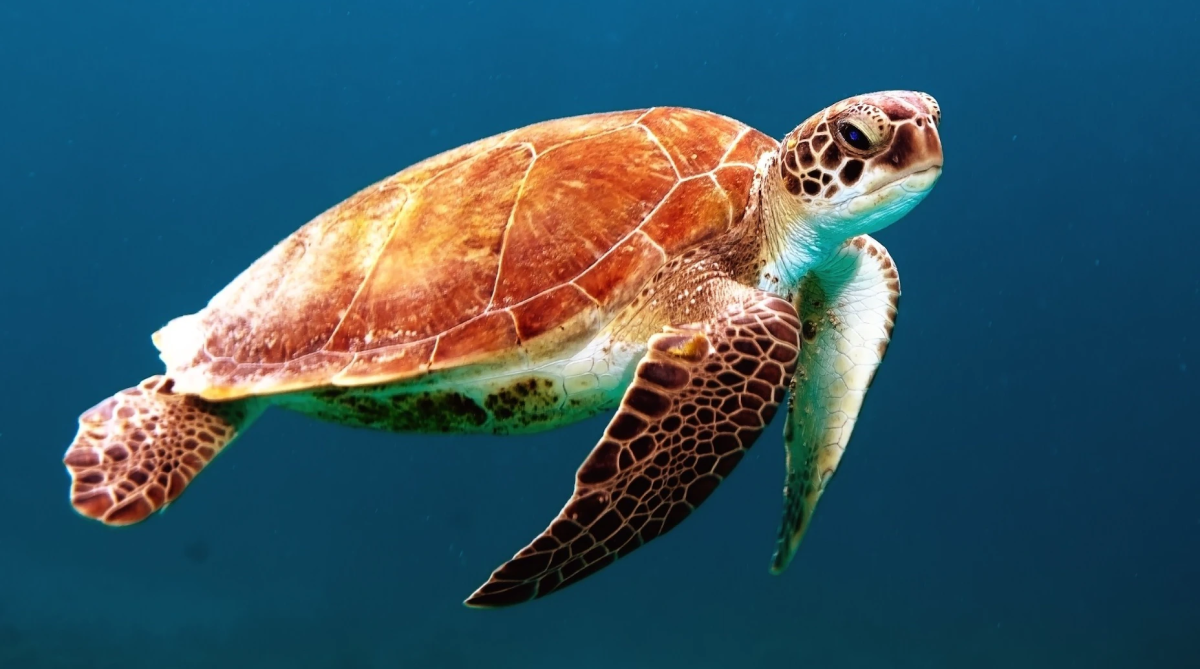
Turtles make great pets for many different reasons. First of all, they are not nearly as expensive as your average dog or cat. Second, they are interesting little animals that come in a wide variety of breeds and sizes. Third, they’re quite intelligent and thus easy to train. Finally, they won’t normally eat too much and are quiet, although that doesn’t apply to all the breeds.
Hermit crab
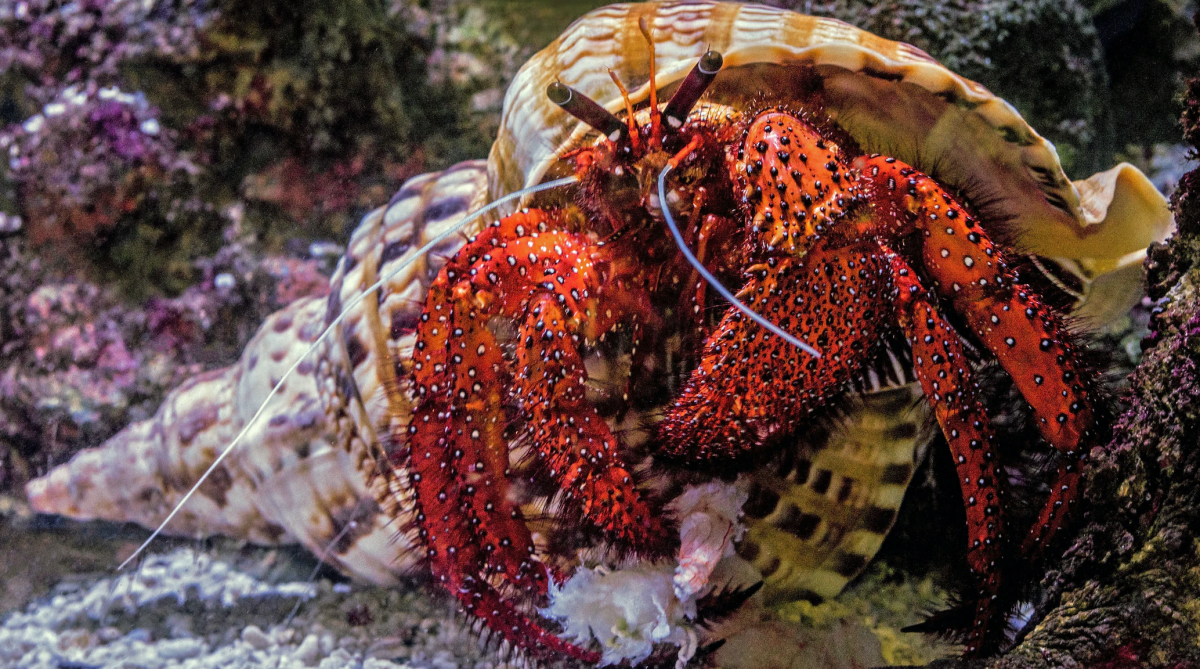
Hermit crabs are not fish and they do not require a large tank to live in. This makes them a comparatively easy exotic pet to own, however, you should be aware that they are nocturnal and will spend most of their time hiding in their shells during the day, so they will not interact much with you. They are legal to keep as pets in most states but are illegal to own in Hawaii.
Chimpanzee
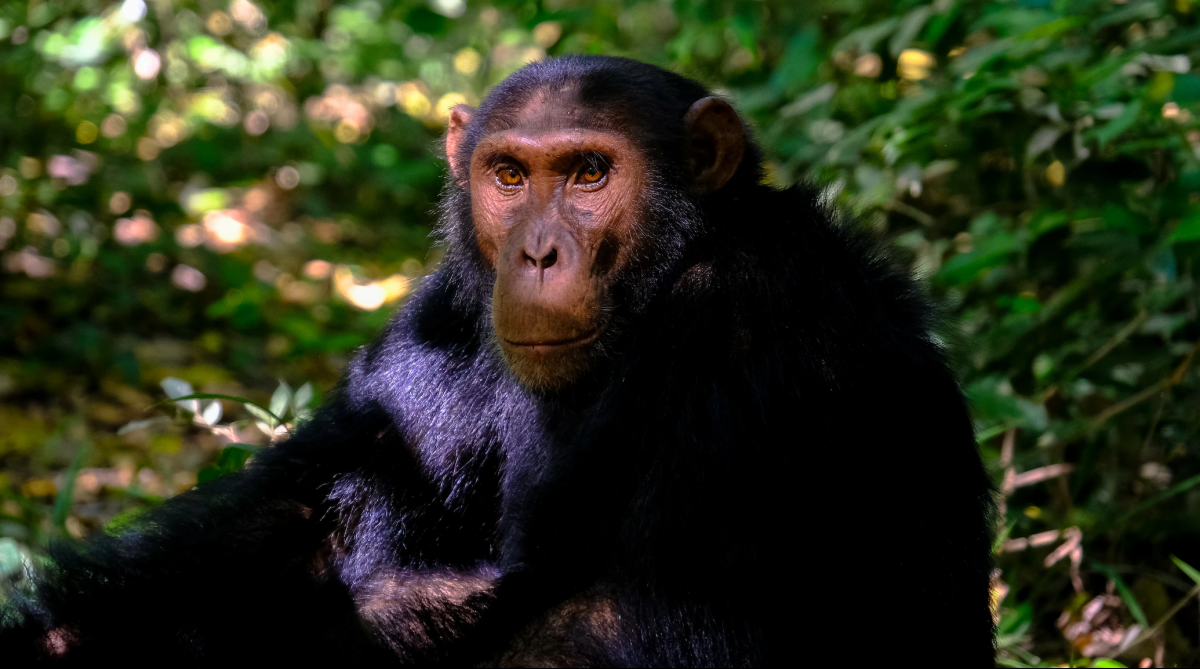
As cute as they might be, chimps are not appropriate pets. They are big and strong, need an immense amount of enrichment and freedom, and can live up to 50 years or more. Even if you managed to get one as a pet, you would need extensive training and experience around primates to raise one properly. They are legal to keep in Alaska, Mississippi, and Texas though.
Tiger
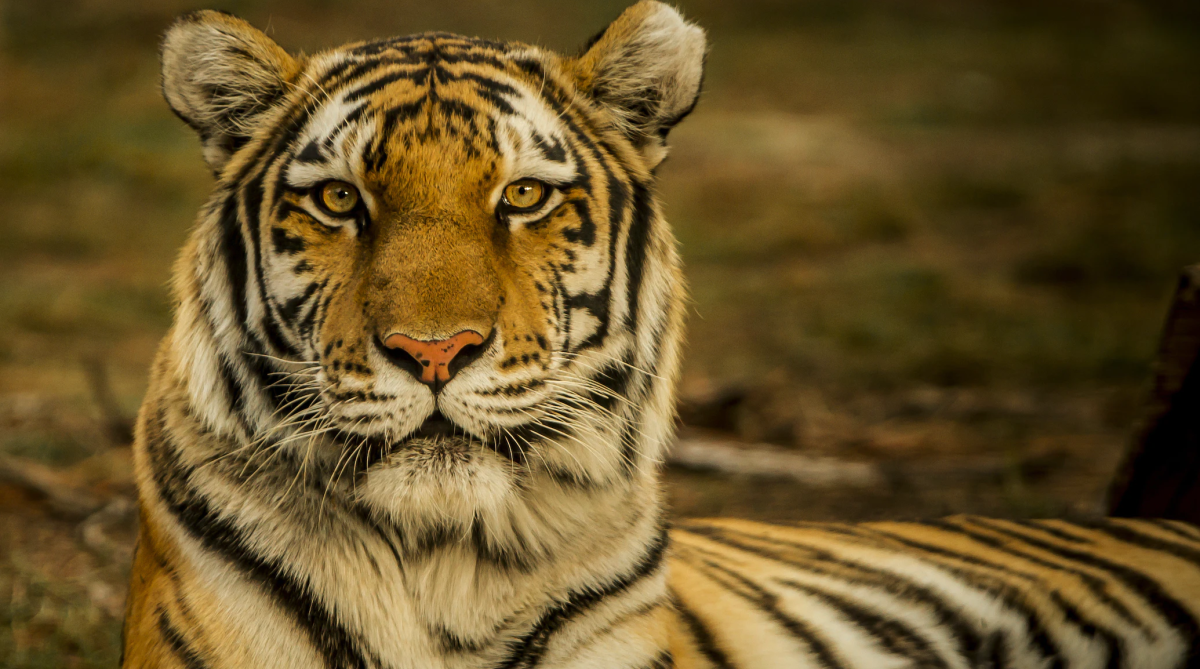
Tigers are big and powerful, but they’re not the kind of cats you want to let roam around your house. However, residents of North Carolina, Alabama, Delaware, Nevada, Oklahoma, South Carolina, West Virginia, and Wisconsin can own a pet tiger once they’ve obtained the right permit.
Lemur
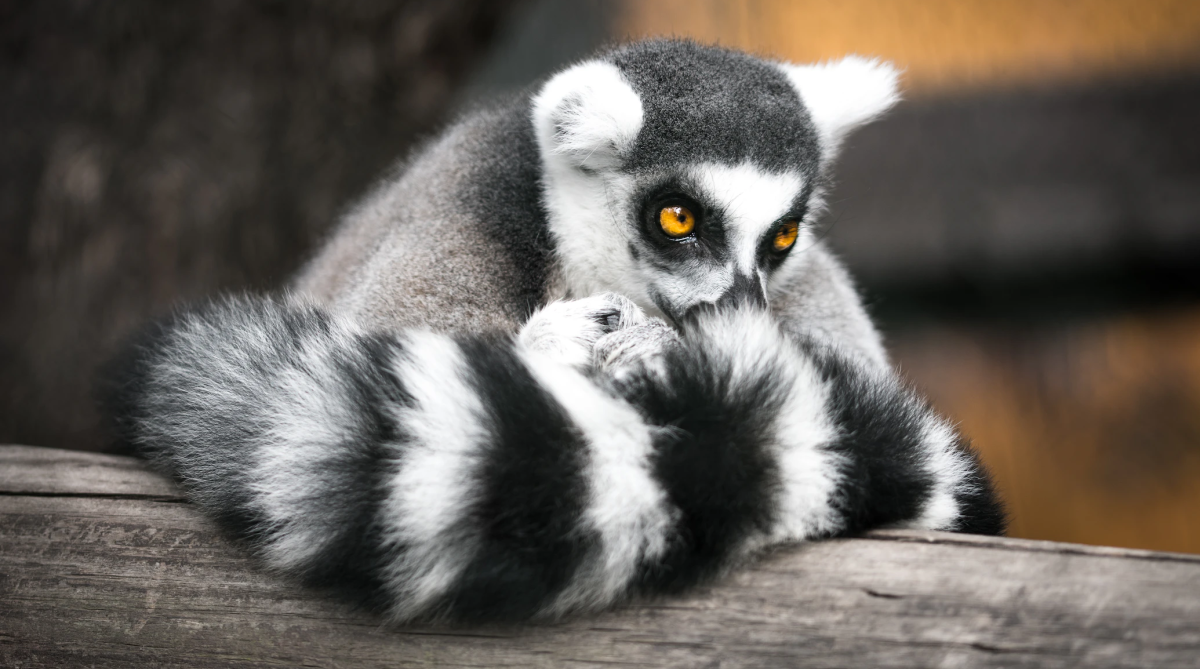
Lemurs are primates that originally came from Madagascar, an island off the coast of Africa. Although some states including Ohio and Oregon allow you to keep a pet lemur, in captivity they can live for decades, which makes owning a lemur a big commitment. In the wild, they have an average life expectancy of 19 years.